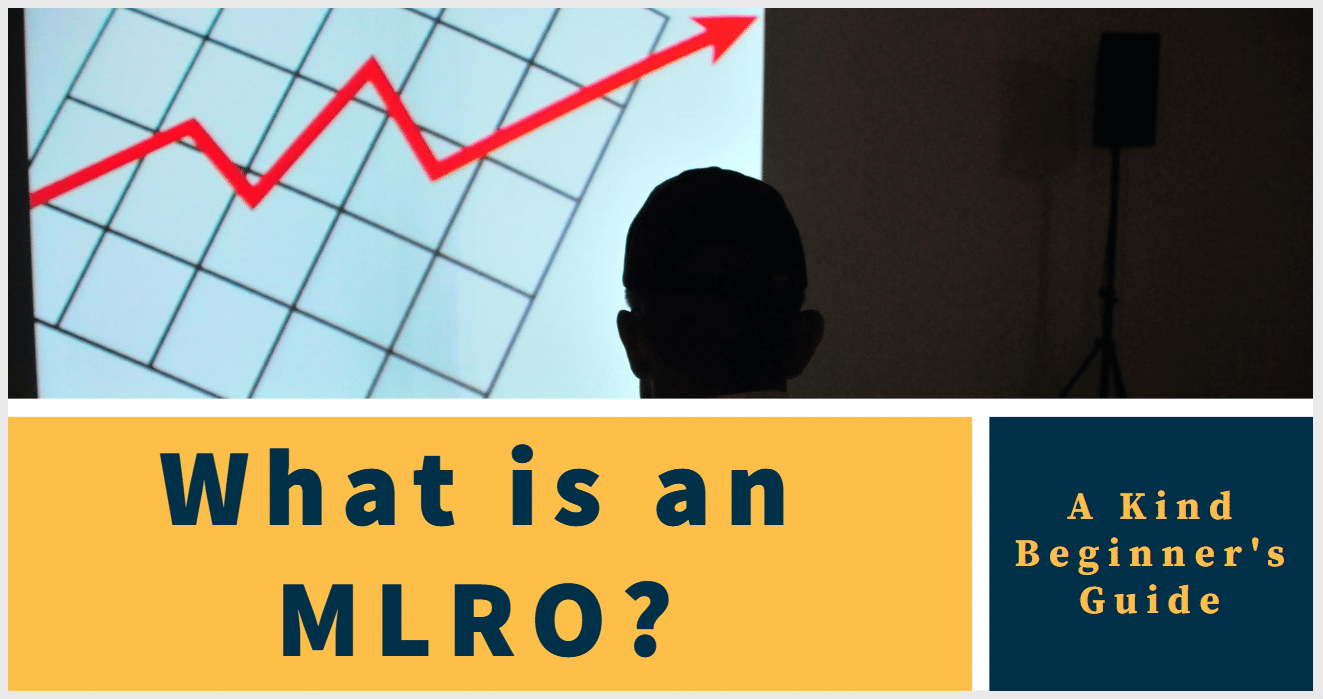What Is An MLRO? – A Beginner’s Guide
What is an MLRO? The acronym stands for Money Laundering Reporting Officer, but what do they do and how do they fit into Governance, Risk & Compliance?
Since 2007, all regulated Financial Services businesses have been required to appoint an MLRO. The Money Laundering Reporting Officer oversees an organisation’s AML (Anti Money-Laundering) systems and is the main point of inquiry for any queries or issues relating to anti money-laundering activity. MLRO’s carry a significant amount of responsibility – they must quickly disclose any detected money laundering activity to the appropriate authorities, and if their company is found to not have effective AML systems in place, the MLRO will personally face substantial fines and potentially even a prison sentence. Because of this high level of personal accountability and the crucial role they play in combating money laundering, MLROs must be approved by the Financial Conduct Authority (FCA), the main regulator of Financial Services businesses in the UK. There could also be a serious impact on the wider business as the FCA investigated their AML failures, so the MLRO is a crucial central point in any Financial Services organisation’s Governance, Risk and Compliance programme.
In terms of what they do day-to-day, MLROs will design, review and improve Anti Money-Laundering policies and procedures, keep records relating to AML systems and any identified or suspected breaches, make sure that staff are performing the necessary screening on clients, customers and transactions, and staying informed and up to date on the latest risks. MLROs will report to senior management on the business’s risk of exposure to money laundering, and what steps can be taken to mitigate it. In some organisations, MLROs may also be involved in identifying where there’s a need for AML training.
An MLRO is a very senior position, usually director level, and while there are multiple career paths that might lead someone to become an MLRO, most often it will be someone who has begun working in AML at the onboarding and screening or analysis level, been promoted to a Financial Crime position with management responsibilities and then been appointed to MLRO. There are other routes to becoming an MLRO, but the high level of responsibility, authority and specialised knowledge required mean anyone who wants to be appointed and approved as one will need to be able to demonstrate a wealth of Financial Crime and AML experience and understanding.
– – – – – – – – – – – – – – – – – – – – – – – – – – – – – – – – – – – – – – – – – – – – – – – – – – – – – – – – – – – – – – – – – – – – – – – – – – – – – – – – – – – –
This blog post is part of the Kind Beginner’s Guide series. Kind Consultancy works with Governance, Risk & Compliance professionals at all levels, from Analysts to Chief Risk Officers, and for entry-level GRC professionals or graduates who are thinking of setting out on a GRC career, we wanted to provide a Beginner’s Guide to some of the big titles, terms, and acronyms that are used all the time. If you’re a newcomer to Governance, Risk & Compliance space, this could be the first time you’ve heard of “SOX”, “AML” or “Conduct Risk” and we want to give you the information you need to quickly understand these concepts.
If you’re just setting out on your Governance, Risk & Compliance career journey, we’d also recommend our Candidate Guides with top tips on job searches, interview techniques, and more. Follow us on LinkedIn and bookmark our jobs page to make sure you know about all of our latest opportunities.
If you’re an MLRO yourself and are searching for your next permanent role or interim contract, have a look at our current opportunities or get in touch on 01216432100 or info@kindconsultancy.com – we often work on high-level projects we can’t advertise so don’t be put off if nothing on the website fits what you’re looking for, we may have the right next move waiting for you.
If you’re a client and are in search of your business’s next MLRO, contact us now on info@kindconsultancy.com or 01216432100 for a confidential conversation.




